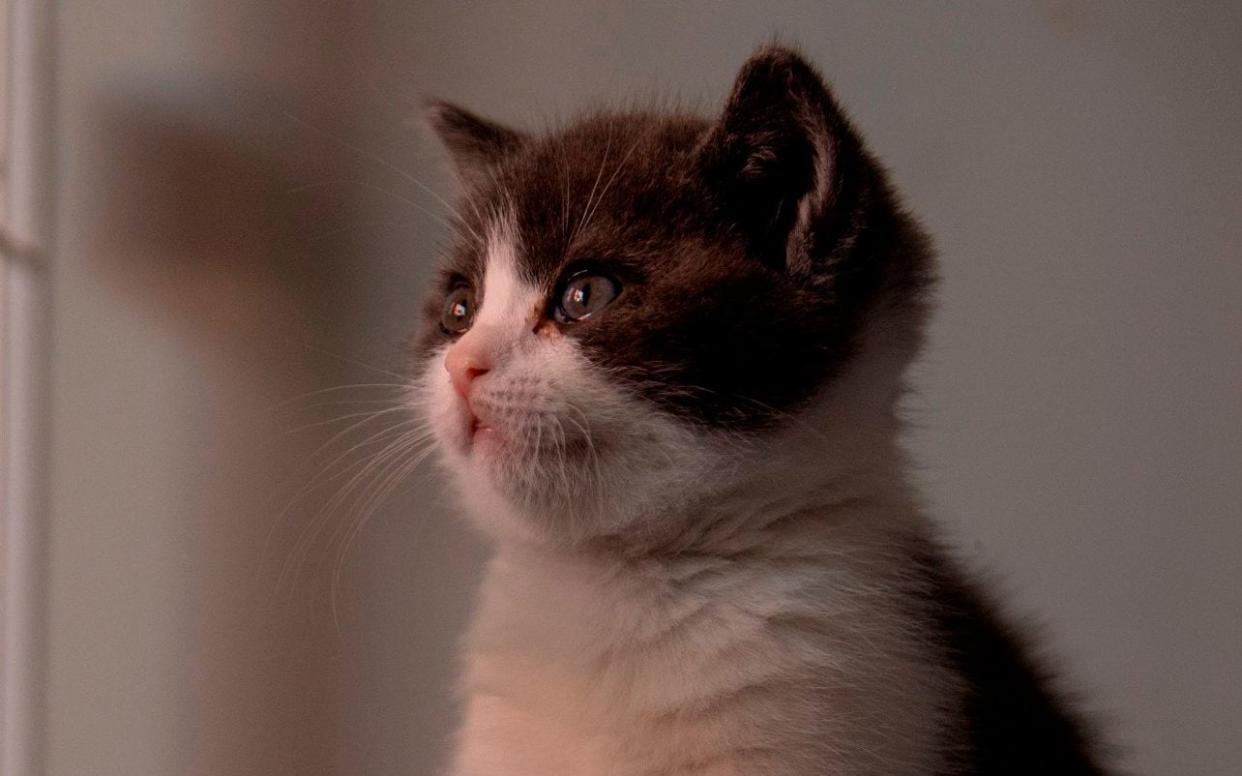Owners warned against cuddling their cats after kitten dies from Covid

A kitten has died from Covid-19 in the first case of its kind in the UK, as cat owners are warned not to hug their pets.
The four-month-old Ragdoll died from pneumonia believed to have been triggered by contracting the virus from its owner, according to scientists.
The cat developed severe shortness of breath a year ago and had to be put down after its condition deteriorated. A post-mortem found viral pneumonia and SARS-CoV-2 , the virus which causes Covid-19, in its lungs.
This is believed to be the first case of a kitten dying from the virus in the UK, as well as the first evidence of human-to-cat transmission.
Experts are now warning pet owners who have Covid-19 to avoid close contact with their cats until they have fully recovered.
Daniella Dos Santos, senior vice president at the British Veterinary Association, said: “There has been a very small number of cases of the virus that causes Covid-19 identified in domestic animals worldwide and it appears likely that the transmission was from infected humans to animals.
“Our advice to pet owners who have Covid-19 or who are self-isolating with symptoms remains to restrict contact with their pets as a precautionary measure and to practise good hygiene, including regular handwashing. If your pet requires care, wash your hands before and after any interaction with them and wear a face mask if possible.
“If your pet shows any symptoms which you suspect may be caused by the virus that causes Covid-19 in humans, please do not take it to the vet but call the practice for advice first and alert them to the household’s status.
“We also recommend that owners who are confirmed or suspected to have Covid-19 should keep their cat indoors if possible, but only if the cat is happy to be kept indoors. Some cats cannot stay indoors due to stress-related medical reasons.”
The kitten that died was part of a feline national screening programme for Covid-19. The owner lives in England and does not wish to be identified.
Prof Margaret Hosie, of the Centre for Virus Research at the University of Glasgow, led the research into the kitten's death, which was published in the journal Veterinary Record.
She noted that it was speculation that Covid-19 had triggered the kitten's pneumonia. However, she advised people with Covid-19 not to cuddle or sleep with their cats as they could act as a new "viral reservoir".
“Given the ability of the coronavirus to infect companion animals, it will be important to monitor for human-to-cat, cat-to-cat, and cat-to-human transmission,”she said.
“Cats often live very closely with their owners, licking their hands or faces, sometimes sleeping on or in their beds. There could also be risks associated with washing the cats' food and water bowls and cleaning out litter boxes.”
A number of cats with Covid-19 have been reported around the world, presumed to have been infected by their owners.
The first evidence of an animal contracting Covid-19 in the UK was in July last year. It was thought the cat caught the virus from its owner, who had previously tested positive. Both recovered.
Public Health England has urged pet owners to wash their hands before and after contact with animals.
Prof James Wood, head of the University of Cambridge's Department of Veterinary Medicine, said: “There is a growing international body of literature that is suggesting that asymptomatic transmission to pet dogs and cats from human patients may take place more commonly than disease is seen in the animals.
“Careful monitoring of the health of animals in contact with human patients is warranted and owners should follow advice, where possible, to try to separate themselves from their animals when they are clinically unwell.”
Do you have a question about Covid-19 and pets? Share your question in the comments section below or email yourstory@telegraph.co.uk

